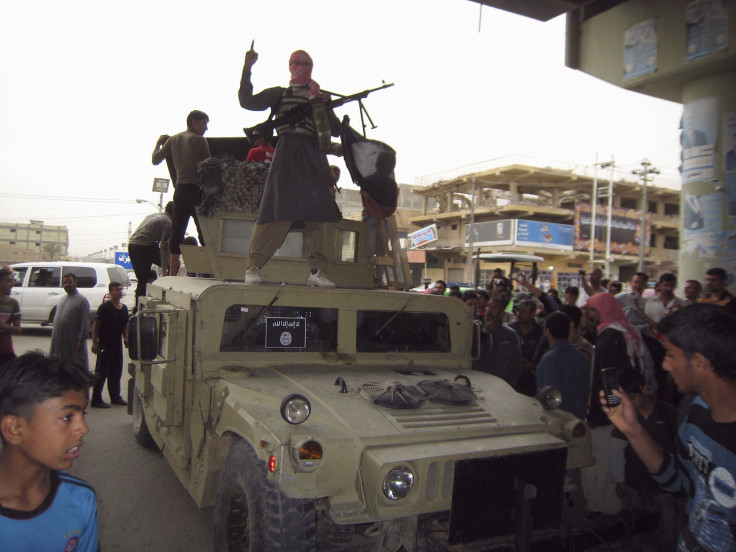Al Qaeda Bigger Immediate Threat Than ISIS: US Officials

U.S. officials are more concerned with al Qaeda’s Syrian and Yemen affiliates than ISIS in terms which group is more of an immediate threat to national security. The officials told the Associated Press the affiliates are working on unconventional ways to smuggle bombs onto airplanes.
The Nusra Front, al Qaeda’s Syria branch, is using the country’s civil war to sympathizers with American or European passports to board planes, which would draw less scrutiny that those with Middle Eastern passports, while al Qaeda in the Arabian Peninsula, or AQAP, is trying to make the bombs.
An al Qaeda cell known as the Khorasan group, comprised of fighters from Afghanistan and Pakistan, has joined forces with the Nusra Front to try and attract westerners to join its ranks, unnamed government officials told the AP in a story published Saturday. Then Khorasan group is also working with AQAP militants to construct bombs that could bypass airport security screenings.
Officials said the Khorasan group is a larger immediate threat than ISIS, a former al Qaeda affiliate that was disavowed for being too extreme. President Obama announced plans for expanded airstrikes against ISIS, also known as the Islamic State or ISIL, earlier this week that includes action in Syria.
U.S. Rep. Adam Schiff, D-Calif., said there is "an unholy mix of people in Iraq and Syria right now -- some who come from AQAP, some who come from Afghanistan and Pakistan, others from the Maghreb" in North Africa that is concerning to intelligence officials.
"They can combine in ways that could pose a greater threat than their individual pieces. And that's something we worry about," he said.
AQAP has smuggled bombs onto U.S.-bound airlines before but failed to detonate them, including when the so-called “underwear bomber,” Umar Farouk Abdulmutallab, attempted to blow up an Amsterdam-to-Detroit flight on Christmas Day in 2009.
"The group's repeated efforts to conceal explosive devices to destroy aircraft demonstrate its continued pursuit of high-profile attacks against the West, its increasing awareness of Western security procedures and its efforts to adapt to those procedures that we adopt," Nicholas Rasmussen, deputy director of the National Counterterrorism Center, told a Senate panel, according to the AP.
© Copyright IBTimes 2024. All rights reserved.





















